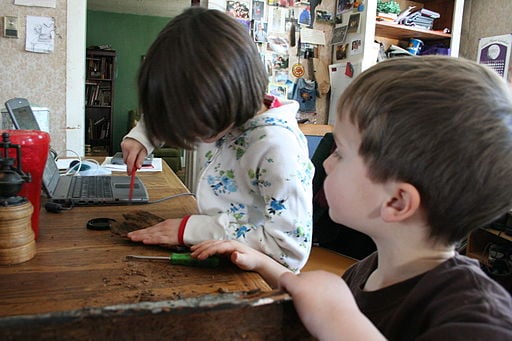Please don’t call me pro-life.
Let me put it another way. Everyone I know is pro-life, so I don’t find the label to be helpful.
The people I know who would call themselves pro-choice are deeply committed to life in many ways. They are adopting children, and serving prisoners and fighting for adequate health care for poor children. They vote for candidates who are against the death penalty and who want to limit civilian death by limiting the reach of war. They support clean water efforts around the globe so that fewer children die from lack of clean water, and when the choice is available they refuse to buy products grown or sewn by slaves. I can think of no other way to describe them than to say that they love and support life.
So I don’t call myself pro-life because I think it’s offensive to my friends who call themselves pro-choice. Instead, I try to honor the term they use for themselves by saying that I am against choice when it comes to abortion.
I wrote yesterday that I had an abortion in college, so you might wonder if I came to my anti-choice stance because of the horrors of abortion that I experienced first hand. But that’s not how I experienced it. I have heard and read the stories of many women who have had abortions, women who were physically, emotionally and/or spiritually traumatized by the experience. Their anti-choice position was borne from their experience. Mine wasn’t.
I didn’t experience the abortion as traumatic. Perhaps you think I should have. Maybe you think I’m cold, or emotionally cut off from the horror of what I did. And perhaps you are right. But that simply wasn’t my experience. I was nineteen and I didn’t want to be pregnant. I had no sense that the decision was anyone but my own. I had no desire to be a mother at that point, didn’t want to disappoint my parents, and didn’t want to take a semester off to have a baby and give it up for adoption. So I had an abortion. I missed a day of class, went home, had dinner, went to bed, and got up the next day like nothing happened. And I never had another moment’s regret about it. That’s my story.
Years later, though, I found myself weeping. Not because I missed my baby. I didn’t. And not because I felt bad that I had robbed a child of life or a family of a child to adopt. I didn’t. I was weeping because I felt for the first time the deep selfishness that controlled my life. I had been a Christian for two years, and was in my room praying, when out of nowhere I felt a deep sense of remorse. I was aware, for the first time, that I had never once asked God what he might have wanted of that child. I had never once considered that my body was not mine to do with as I pleased. That the zygote/fetus/baby (call it what you will) living and growing inside my body might not be mine to dispose of as I chose was utterly shocking. I was weeping because I became aware for the first time that my life had a claim on it, a claim I had not acknowledged.
It’s as though I realized that I had killed not my child, because the truth is that I felt no connection to that child, but God’s child – and I had a deep connection to God. What if I had stolen one of God’s children? How would I feel if I had accidentally run over and killed a friend’s child? Of course I would feel sad about the child who died. But I would also feel awful that I taken my friend’s baby away. How would I feel if I had gotten drunk and hit a pregnant woman while driving my car, after which she miscarried? That’s how I felt about having killed God’s baby.
Now that might sound like sentimental crap to you. Especially if you don’t believe in God. Or if your understanding of God is less personal than mine. But that experience started me down a path that led me to decide that, in general, women should not be able to choose to end their pregnancies. I understand that there are times when an abortion may in fact be permitted by a loving God, and I don’t come by my anti-choice position lightly. I understand, at least a little bit anyway, the cost of bringing a child into the world. But I do believe that there is no ontological difference between a five-month-old fetus and a five-month-old child. I always believed that, as do most of the people I know who are pro-choice. What changed is that I no longer think I should be allowed to choose to end the life of either of them.
So it’s that simple. I live in a culture that wants me to put my ability to choose on a pedestal. I should always be able to choose the kinds of guns I want because I have a right to choose, even if my choice makes life less safe overall for others. I should be able to choose whether or not I want to carry a girl to term when I already have two girls because it’s my right to choose how many and what kind of children I want. I should be able to choose the kind of toilet paper I find most pleasing among twenty options because I have a right to choice, regardless of the cost of so many choices to the planet and people who live here. You might find the comparisons offensive or trivial, but the fact is that our culture exalts the right to choose to the exclusion of what’s loving, just, or sustainable. Choice is making us sick. In fact, it’s killing some of us.











